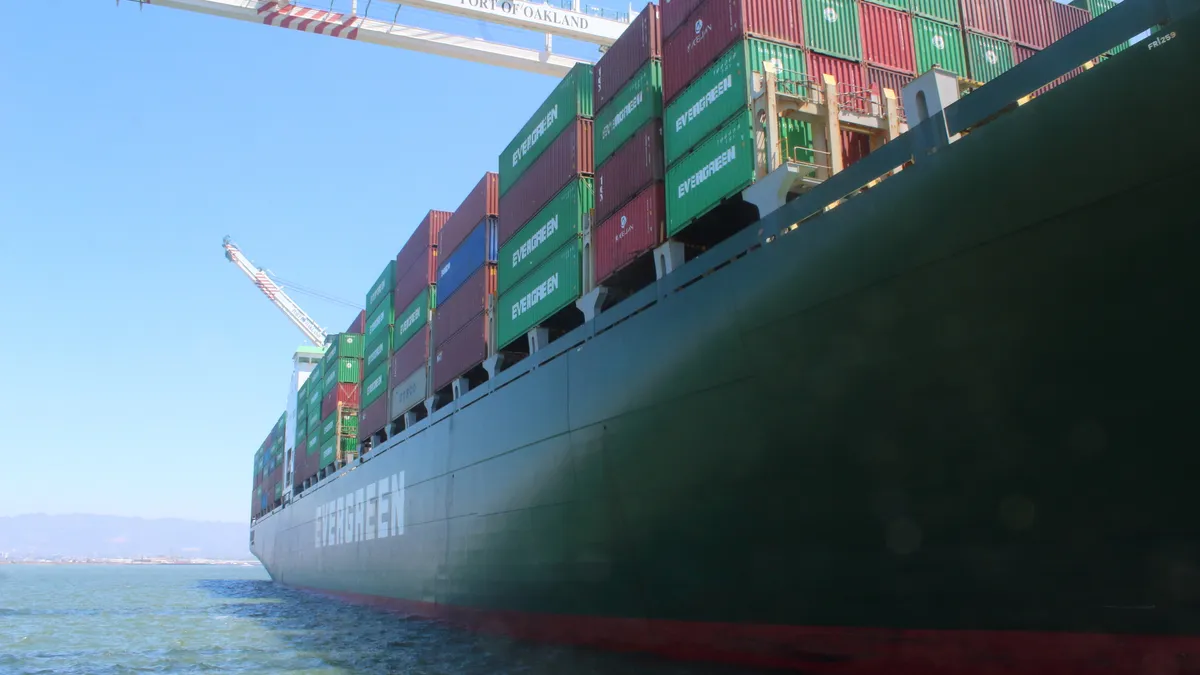Dive Brief:
- The National Retail Federation (NRF) testified before the U.S. Trade Representative (USTR) against proposed tariffs on $300 billion worth of Chinese goods on Friday. The tariffs would result in "prices higher than many consumers would be willing to pay," NRF said, according to a press release from the association.
- NRF also released a new analysis of the tariffs, showing they "would be too large for U.S. retailers to absorb" and could result in consumers paying $4.4 billion more for apparel every year, $2.5 billion more for footwear, $3.7 billion more for toys and $1.6 billion more for household appliances.
- "For most of the consumer products on this list, there are very few alternative sources of supply," NRF Senior Vice President of Government Relations David French said in his testimony. "It would be impossible for all market participants in our industry to simultaneously move sourcing to other countries. The capacity does not exist … In the short term, retailers would be forced to continue to use Chinese suppliers and pass on higher costs to their customers — just in time for the holiday shopping season."
Dive Insight:
More than half (58%) of footwear imports into the U.S. come from China and would be impacted by the proposed fourth list of tariffs. If 25% tariffs take effect, NRF estimated they would result in price hikes of 21% for shoes coming from China and 3% for products from U.S. suppliers, leading to a 15% reduction in purchases for footwear.
Sean Georges, the senior vice president of human resources and corporate counsel for Shoe Carnival, testified last Monday about the impact these potential price increase could have on their consumers and the company's sales.
"We would just like to remind you of how price-sensitive our customers are and most Americans are," Georges said, according to a USTR transcript of the hearing. "Anytime you impact the take-home pay of our consumer, we have an impact on [our] sales."
Marc Schneider, the CEO of Kenneth Cole, testified last Monday, saying the company would not be able to bring production back to the U.S. as the needed infrastructure to manufacture the company's footwear "no longer exists" domestically.
"We have worked for many years to build a highly functioning and stable supply chain, and I am concerned with the potential impact on quality, delivery capabilities and value that our American consumer has grown to expect," Schneider said.
The last day of USTR hearings is today. President Donald Trump and Chinese President Xi Jinping are scheduled to meet this week at the G20 summit in Osaka, Japan, where they plan to talk about the ongoing trade war between the two countries. The two countries have been in touch about negotiations ahead of the meeting, according to The Washington Post.












